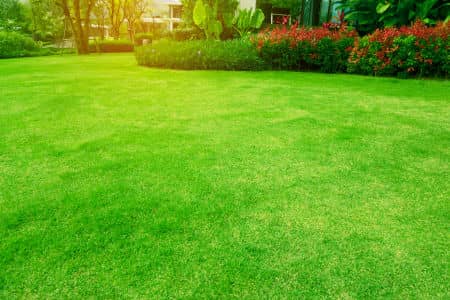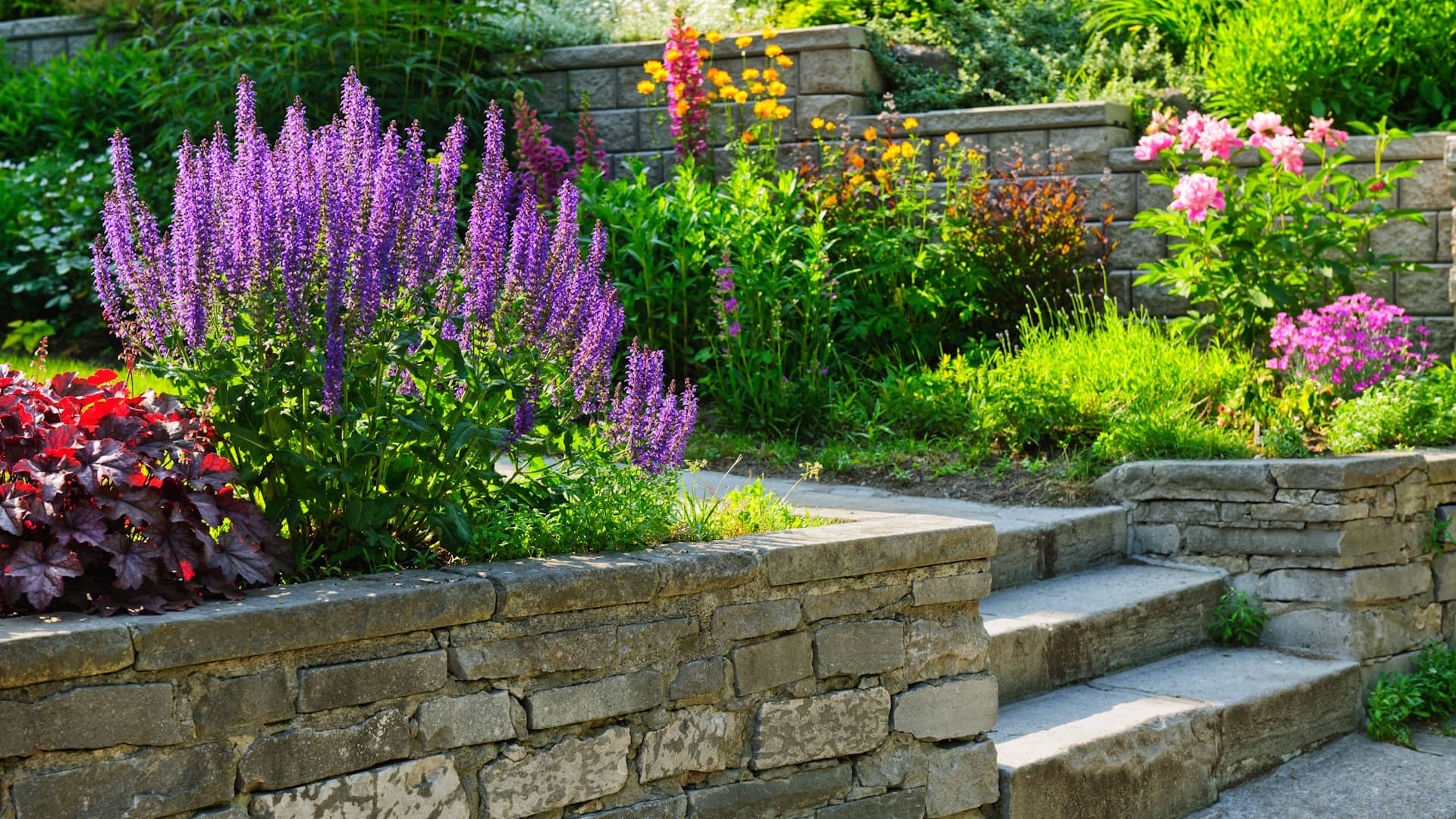Lawn Scalping and Dethatching: What Your Yard Needs (and Doesn't)

Lawn scalping and dethatching are powerful tools for lawn maintenance, but they must be used carefully to avoid damaging your yard. These practices can improve grass growth and soil health when done correctly, but they're most effective when paired with professional lawn fertilization & weed control services.
What Is Lawn Scalping and When Should You Do It?
Lawn scalping involves mowing grass very low to remove dormant material and expose the soil to sunlight. This practice is especially beneficial for warm-season grasses like Bermuda and Zoysia, which thrive in the Birmingham area. The goal of scalping is to encourage fresh growth by clearing out the old, allowing your lawn to green up faster.
Timing is crucial. Lawn scalping should be done in early spring, just as your grass begins to come out of dormancy around late February or early March. Scalping at the wrong time or cutting the grass too low can damage the roots and stress the lawn. To maximize the benefits of lawn scalping and dethatching, follow up with a professional fertilization treatment. Fertilizer provides the nutrients your lawn needs to recover and grow stronger.
Dethatching: Clearing the Way for Healthy Growth
Dethatching removes the layer of dead roots, stems, and debris that accumulates between the soil and grass blades. While a thin layer of thatch can insulate the soil, too much thatch blocks water, air, and nutrients from reaching the roots, causing your lawn to suffer.
If you notice thick thatch buildup—more than half an inch—it's time to consider dethatching. However, dethatching can temporarily stress your lawn, as it disturbs the soil and exposes grass roots. Pairing lawn scalping and dethatching with fertilization helps your yard recover quickly. Fertilizer replenishes the essential nutrients lost during dethatching, promoting healthier grass and stronger roots.
Classic Gardens & Landscape, Inc. provides expert lawn fertilization services tailored to meet the specific needs of lawns that undergo dethatching. Our team ensures your yard gets the right balance of nutrients, so your grass stays resilient and vibrant.
Why Fertilization Complements Lawn Scalping and Dethatching
Both lawn scalping and dethatching expose your lawn to potential stress. Scalping removes the protective layer of dormant grass, while dethatching disturbs the soil and grass roots. Without proper care, these practices can leave your lawn vulnerable to weeds, disease, and patchy growth.
Fertilization is the perfect companion to lawn scalping and dethatching. By replenishing essential nutrients, fertilization strengthens your lawn's root system and encourages even, vibrant growth. After these treatments, a professionally applied fertilizer boosts your lawn's resilience and accelerates recovery.
At Classic Gardens & Landscape, Inc., our lawn fertilization services are designed to work in harmony with scalping and dethatching. We customize our fertilization plans to match your lawn's needs, ensuring it has everything required to thrive after treatment.
Trust Classic Gardens & Landscape, Inc. for Fertilization and Lawn Care
At Classic Gardens & Landscape, Inc., we understand the importance of proper fertilization in maintaining a healthy lawn. Our team has decades of experience providing comprehensive lawn care and landscaping for Birmingham. By using the right techniques and products, we ensure your lawn stays vibrant, green, and resilient year-round.
Ready to give your lawn the care it deserves? Request an estimate today and discover how our fertilization services can enhance your yard.
Start Your Lawn’s Transformation Get a Free Consultation With Our Landscaping Services In Birmingham!
